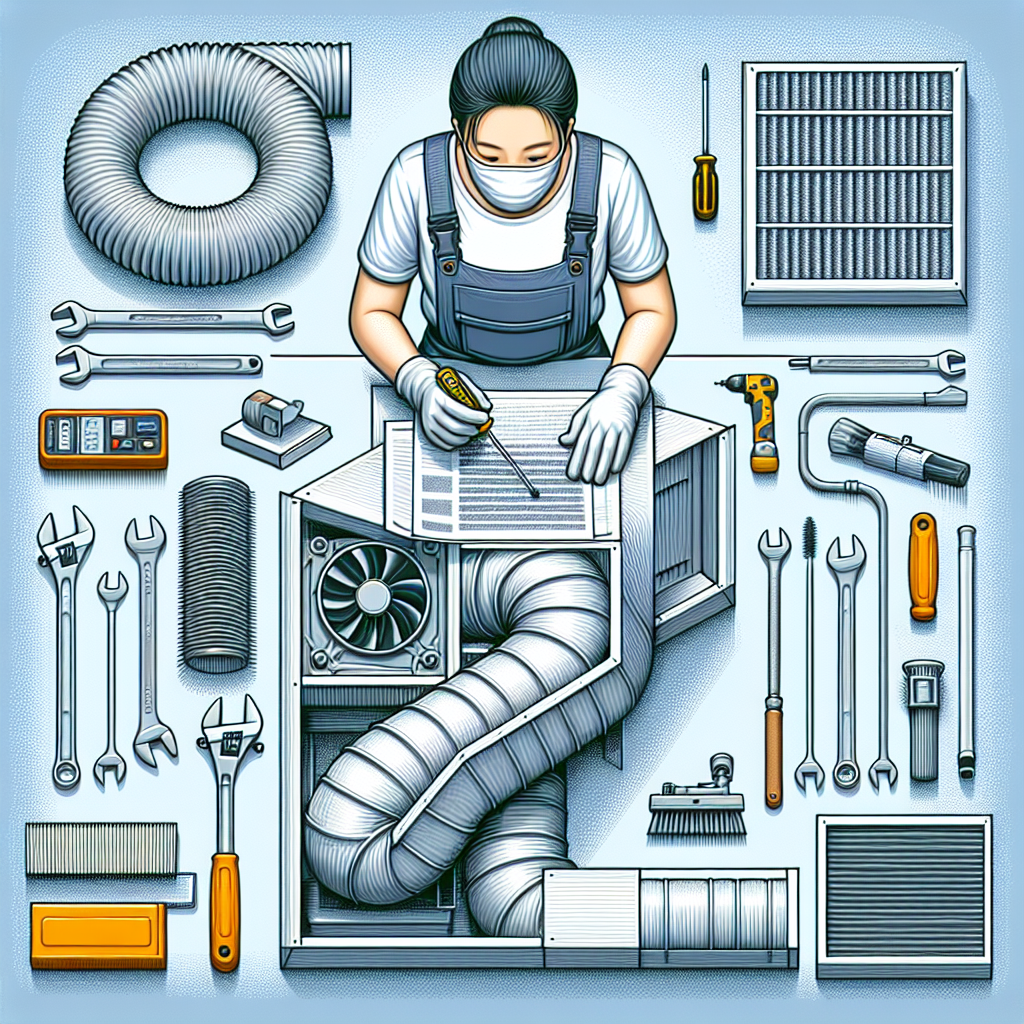Ventilation Maintenance: How to Keep Your System Running Smoothly
Ventilation systems are an essential component of any building, providing clean air and regulating temperature to ensure a comfortable and healthy environment for occupants. However, like any other system, ventilation systems require regular maintenance to keep them running smoothly and efficiently. Neglecting ventilation maintenance can lead to poor air quality, increased energy consumption, and costly repairs. In this article, we will discuss the importance of ventilation maintenance and provide some tips on how to keep your system running smoothly.
Why is ventilation maintenance important?
Proper ventilation is crucial for maintaining indoor air quality and preventing the buildup of harmful pollutants and allergens. A well-maintained ventilation system helps to circulate fresh air throughout the building, removing stale air and odors. Additionally, regular maintenance can help to prevent the growth of mold and mildew, which can thrive in damp and poorly ventilated spaces.
Maintaining your ventilation system also helps to improve energy efficiency, as a clean and well-functioning system requires less energy to operate. This can lead to lower energy bills and reduced environmental impact.
Tips for ventilation maintenance:
1. Change air filters regularly: One of the most important aspects of ventilation maintenance is changing the air filters on a regular basis. Dirty filters can restrict airflow and reduce the efficiency of the system. Check the filters at least once a month and replace them as needed.
2. Clean vents and ducts: Over time, dust, dirt, and debris can accumulate in the vents and ducts of your ventilation system, obstructing airflow and reducing efficiency. Use a vacuum or a brush to remove any buildup and keep the vents clean.
3. Check for leaks: Inspect the ductwork for any signs of leaks or damage, such as loose connections or holes. Leaks can allow air to escape, reducing the effectiveness of the system and increasing energy consumption. Seal any leaks with duct tape or contact a professional for repairs.
4. Schedule regular maintenance: To ensure that your ventilation system is running smoothly, it is important to schedule regular maintenance with a qualified HVAC technician. They can inspect the system, perform any necessary repairs, and ensure that it is operating at peak efficiency.
5. Monitor humidity levels: High humidity can promote the growth of mold and mildew in ventilation systems. Use a hygrometer to monitor humidity levels and take steps to reduce moisture, such as using a dehumidifier or installing ventilation fans in high-humidity areas.
In conclusion, proper ventilation maintenance is essential for keeping your system running smoothly and efficiently. By following these tips and scheduling regular maintenance, you can ensure that your ventilation system is providing clean and healthy air for years to come.


